Labour uncovers a series of shocking financial missteps left by the previous government, revealing a fiscal ‘black hole’ that could reshape the UK’s economic landscape—here’s the full story.
Disastrous Economic Inheritance
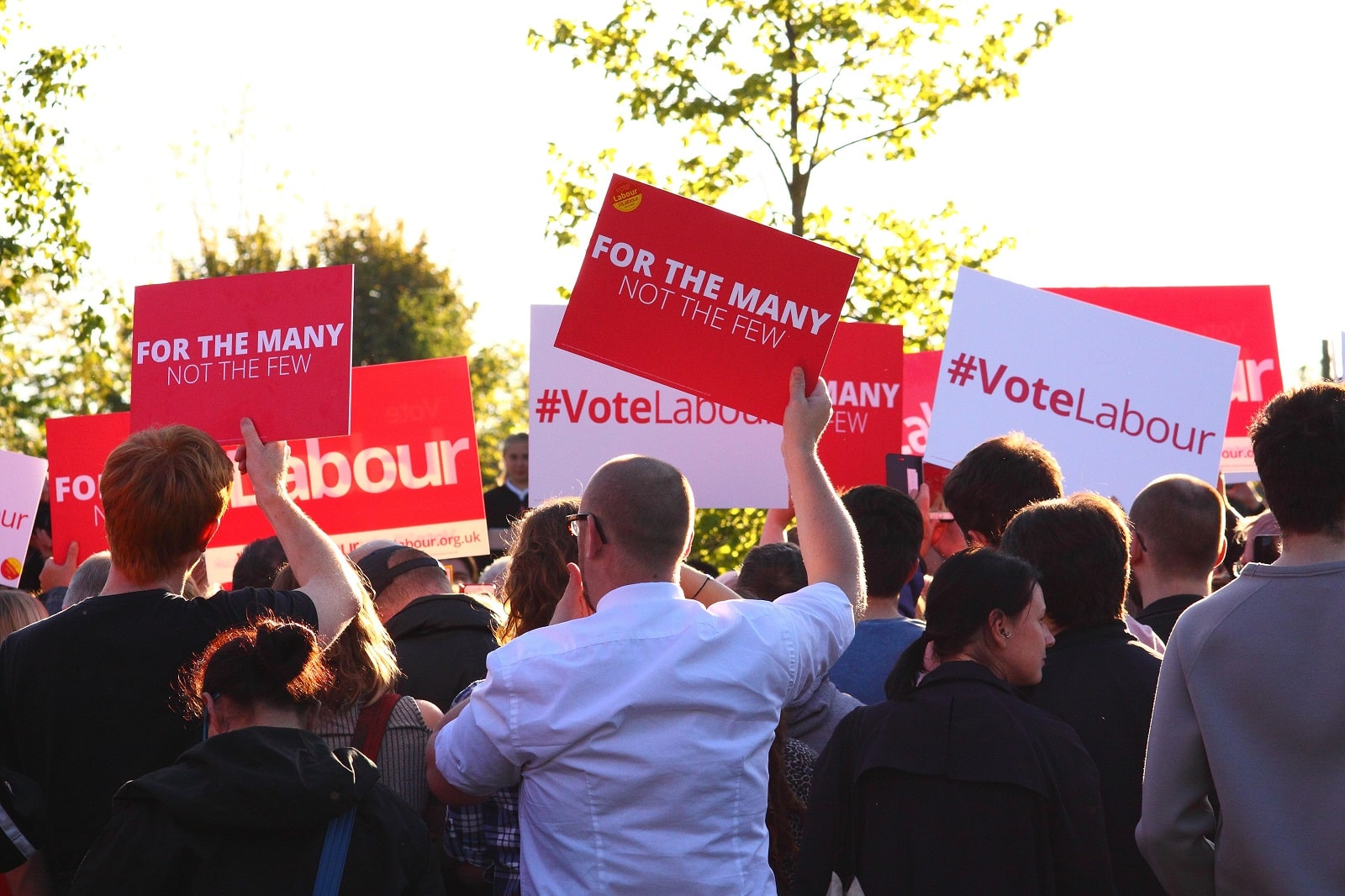
Following their recent landslide victory in the general election, the new Labour government has been increasingly vocal about the dire state of the UK’s public finances. On Monday, Chancellor Rachel Reeves will present a detailed report on how bad her economic inheritance from the Conservatives is, much of which has already been leaked.
Massive Financial “Black Hole”

This report is expected to reveal a massive financial “black hole,” a term often used by Labour to describe the unexpected fiscal shortfalls they have discovered since taking office.
“Worst Inheritance” Since WWII
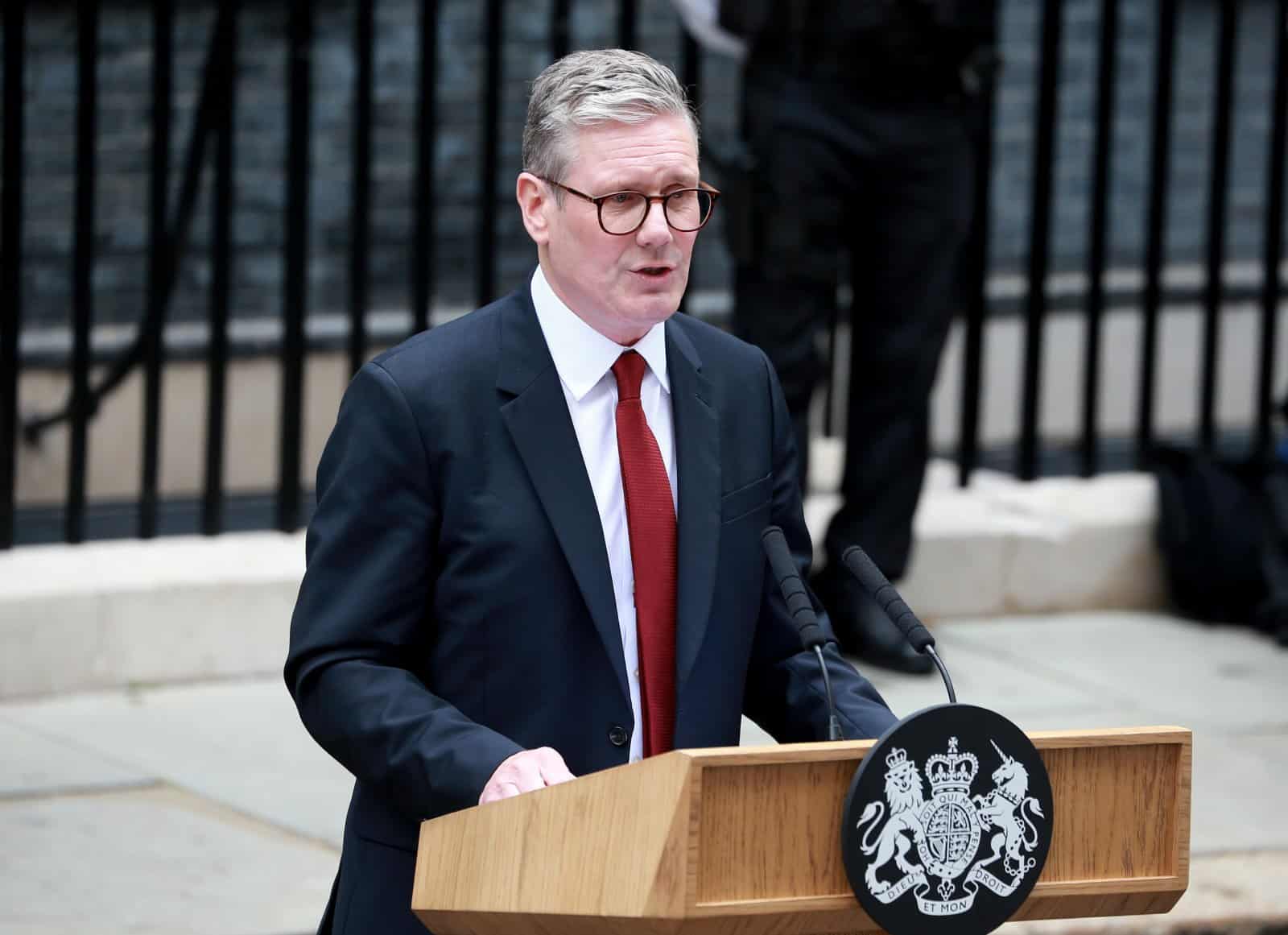
The language Labour used to describe the situation was stark. Prime Minister Keir Starmer stated recently that the last Conservative government had “left us the worst inheritance since the Second World War.”
Mess Left Behind

He continued, “Every day we are finding more mess they’ve left for us to clear up. We’ve started the rebuilding but the problems that have been left to fester for years, cannot be fixed overnight.”
Costly Pay Deals

One of the first surprises Labour has had to deal with is the higher-than-expected cost of public sector pay deals. The independent pay review bodies recommended a 5.5% increase for teachers and nurses, more than double the 2% planned by the previous government.
Billions Added to Costs

This seemingly small change, if applied across the entire public sector, as Reeves has indicated she will do, could add billions to government costs, making balancing the books all the more difficult for Labour.
Rwanda Scheme Costs
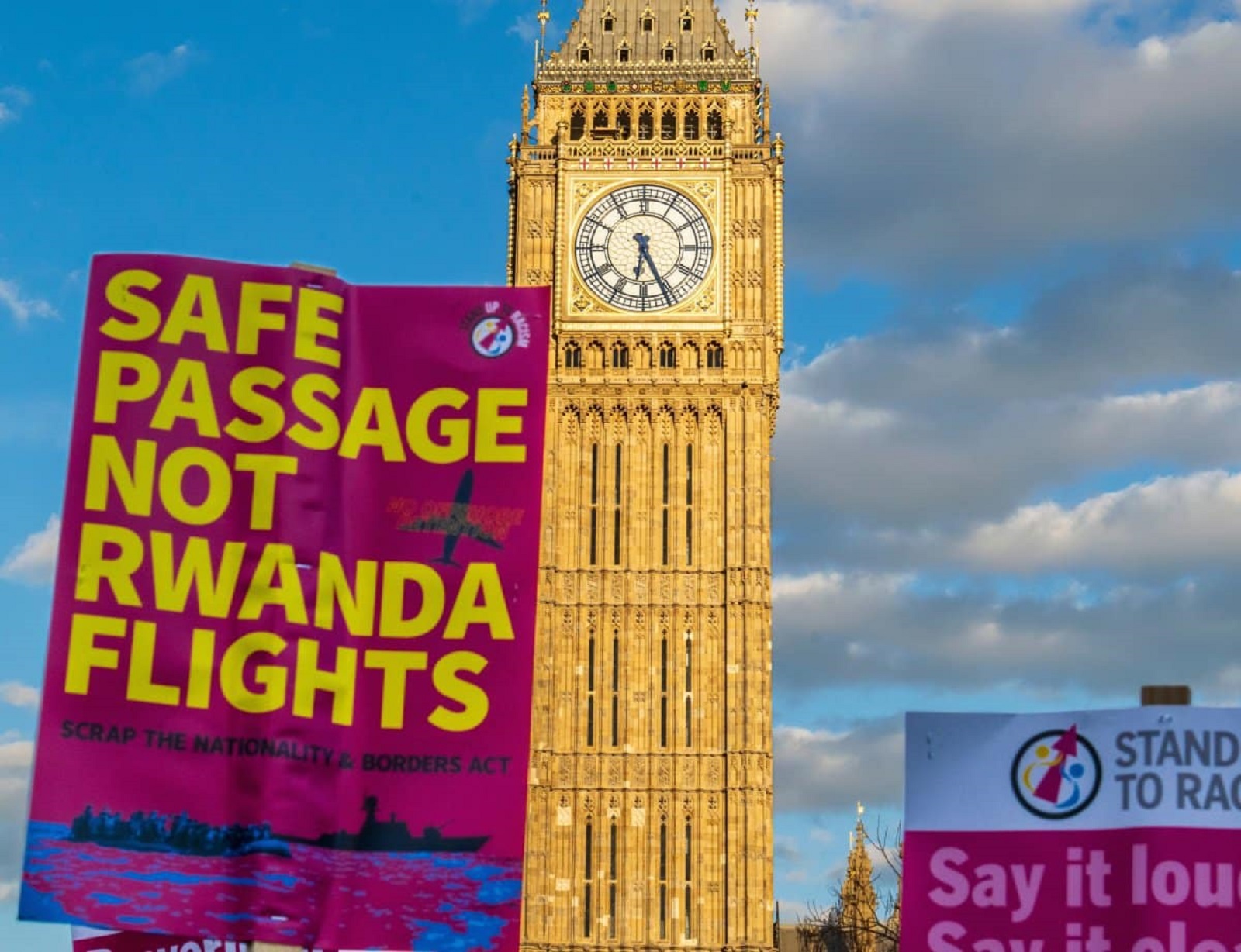
Another area in which costs have been grossly underestimated is the controversial and illegal Rwanda immigration scheme, which the Conservatives tried and failed to implement. The new Labour government has claimed that the operational costs of the failed policy were considerably higher than they had been told. Home Secretary Yvette Cooper, who called the scheme an “expensive gimmick,” told the Commons that £700 million had been wasted on the project without a single plane ever leaving the ground.
Health Service Strain
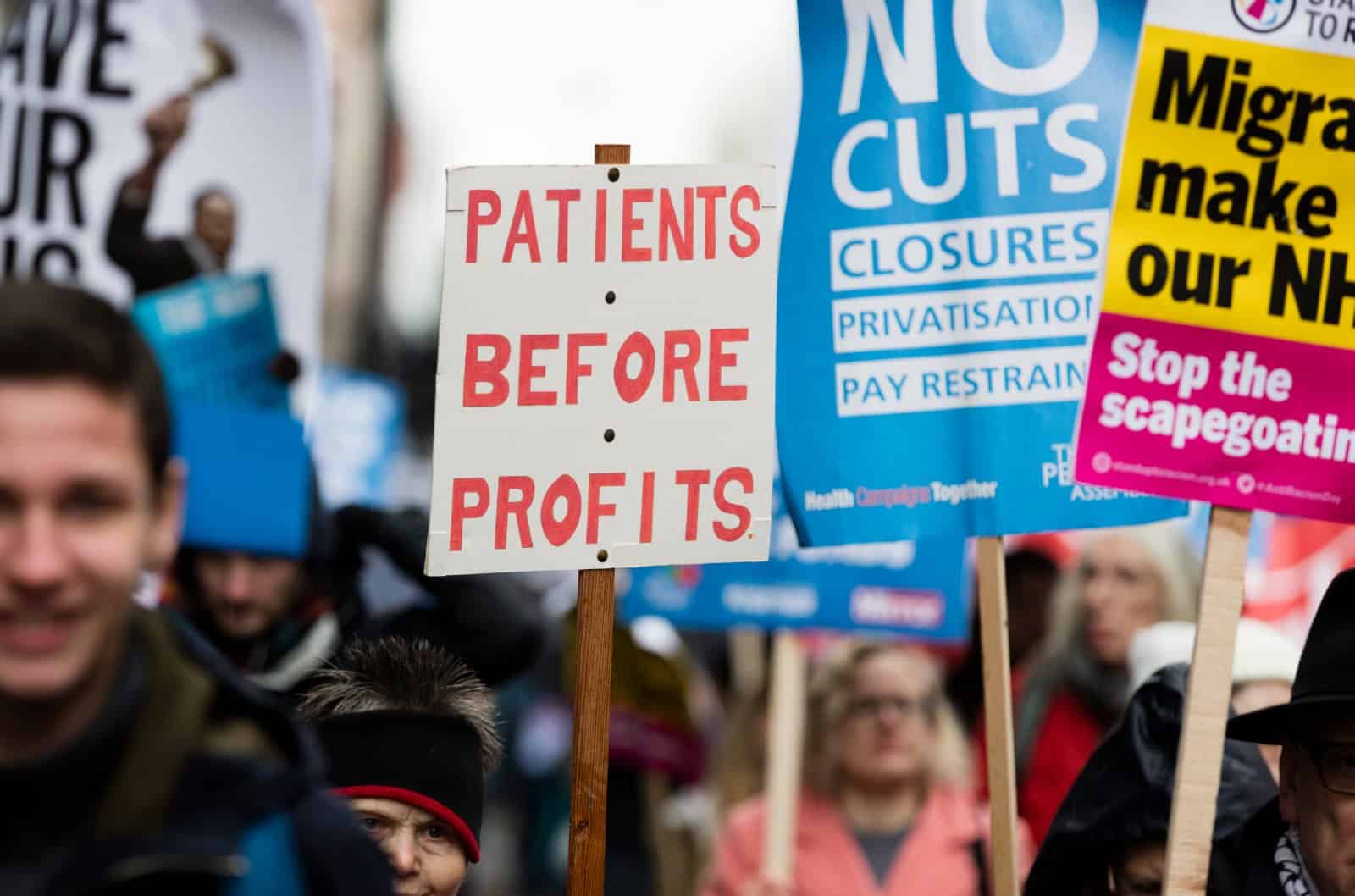
As if this were not bad enough, the Department of Health and Social Care has also reported that hospital building programs cost far more than initially intended. This, coupled with the ongoing financial and structural pressures within the NHS, has only worsened the considerable strain the health service is under.
NHS at Breaking Point

The National Audit Office (NAO), which wrote a damning report on the current condition of the NHS, stated, “We are concerned that the NHS may be working at the limits of a system which might break before it is again able to provide patients with care that meets standards for timeliness and accessibility.”
Prison System Collapsing

However, the problems do not stop there. Similar to the NHS, the UK’s prison system has also been pushed to near breaking point, with the new Justice Secretary, Shabana Mahmood, warning it is close to “imminent collapse.”
Overcrowding and Violence

Overcrowding, incidents of self-harm, and increasing violence in prisons paint a grim picture, and with a quarter of jails operating beyond their capacity, reoffending rates are skyrocketing, and escapes are becoming more common. These issues were known to some extent but have been revealed to be more severe than anticipated.
£20 Billion Black Hole
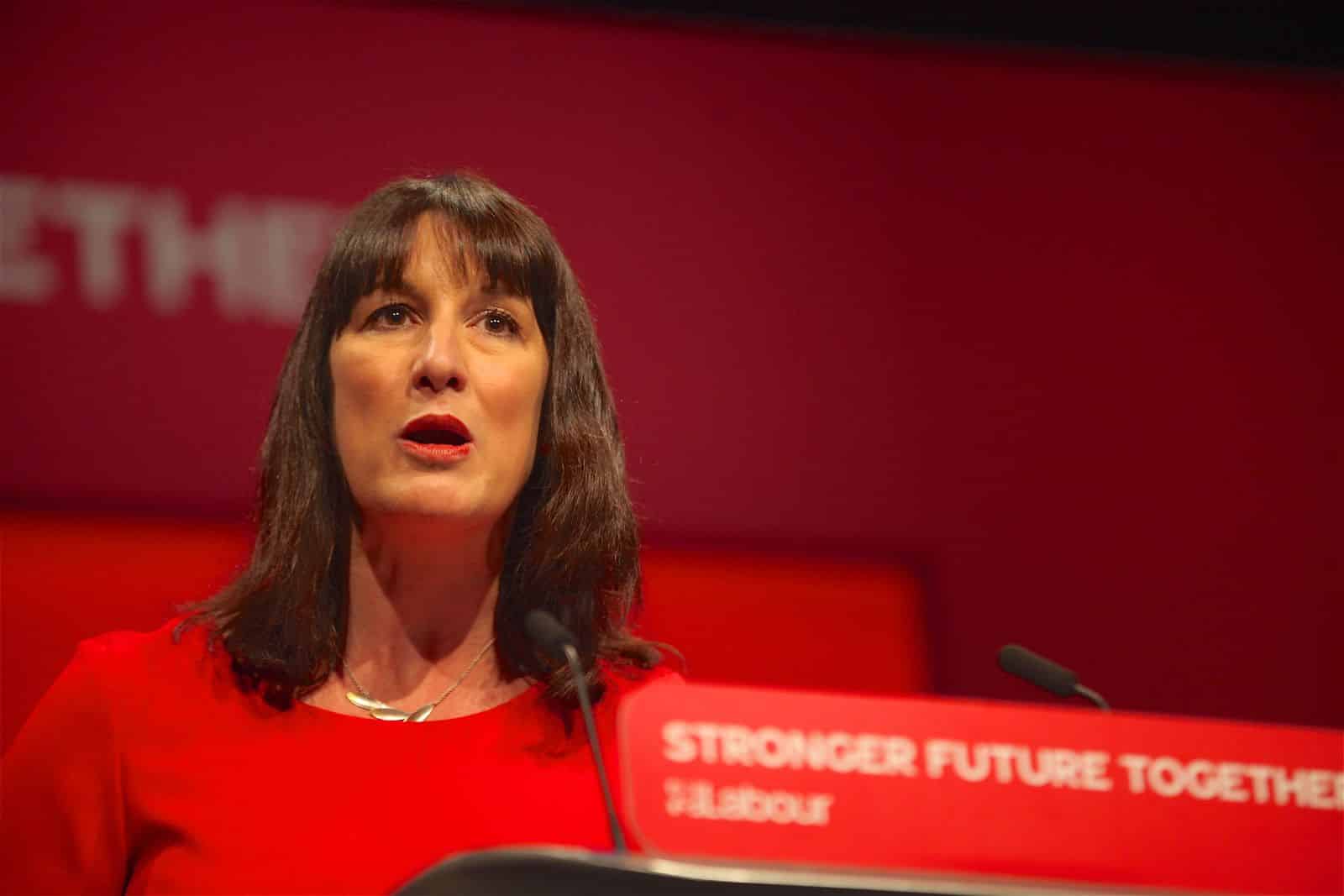
Chancellor Rachel Reeves is expected to detail that the financial “black hole” exceeds £20 billion per year and is set to place the blame firmly at the feet of the outgoing Conservative government.
IFS Criticizes Conservatives

However, this is not just political spin, as the Institute for Fiscal Studies (IFS) has criticised the economic legacy of the last 14 years of Conservative rule, stating, “The period from 2010 to 2019 saw the biggest and most sustained cuts to public spending since World War 2.”
Difficult Legacy Ahead

It added, “The legacy for the next government will be a difficult one. Expected economic growth is slow. The fiscal policy responses to the three shocks of the financial crisis, Covid-19 and the cost of living crisis mean that public sector debt is high, and a combination of high interest rates and low growth means that even running a primary surplus will not be enough to get it on a downward trajectory.”
Expectation Management
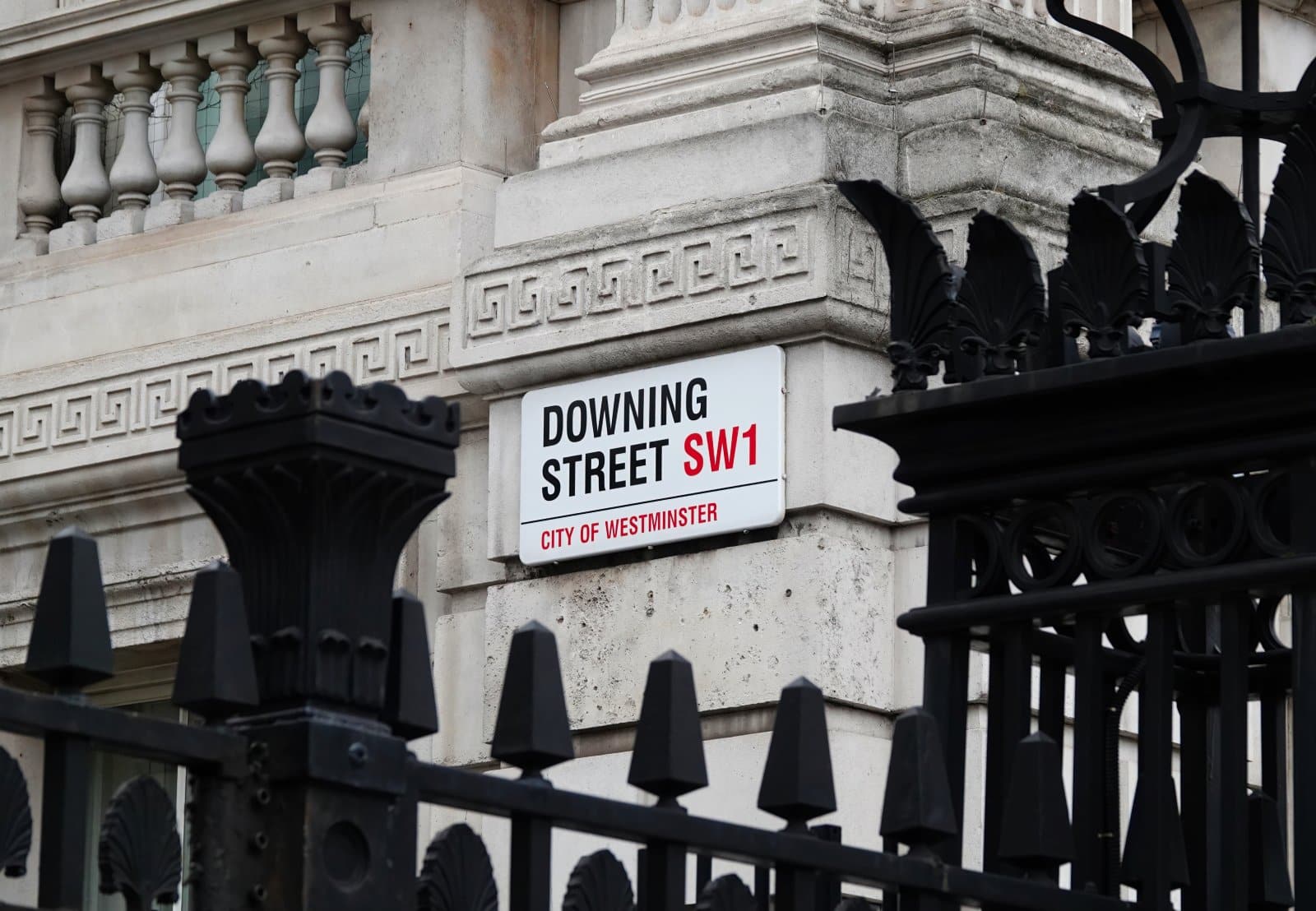
While Labour’s claims of a dire economic inheritance are largely based in reality, some of what the party is doing is firmly in the realm of expectation management. This is similar to how the incoming Conservative government in 2010 blamed the global financial crash on the previous Labour government. It was as ridiculous then as it is now, but in the minds of the public, it worked.
Focus on Solutions
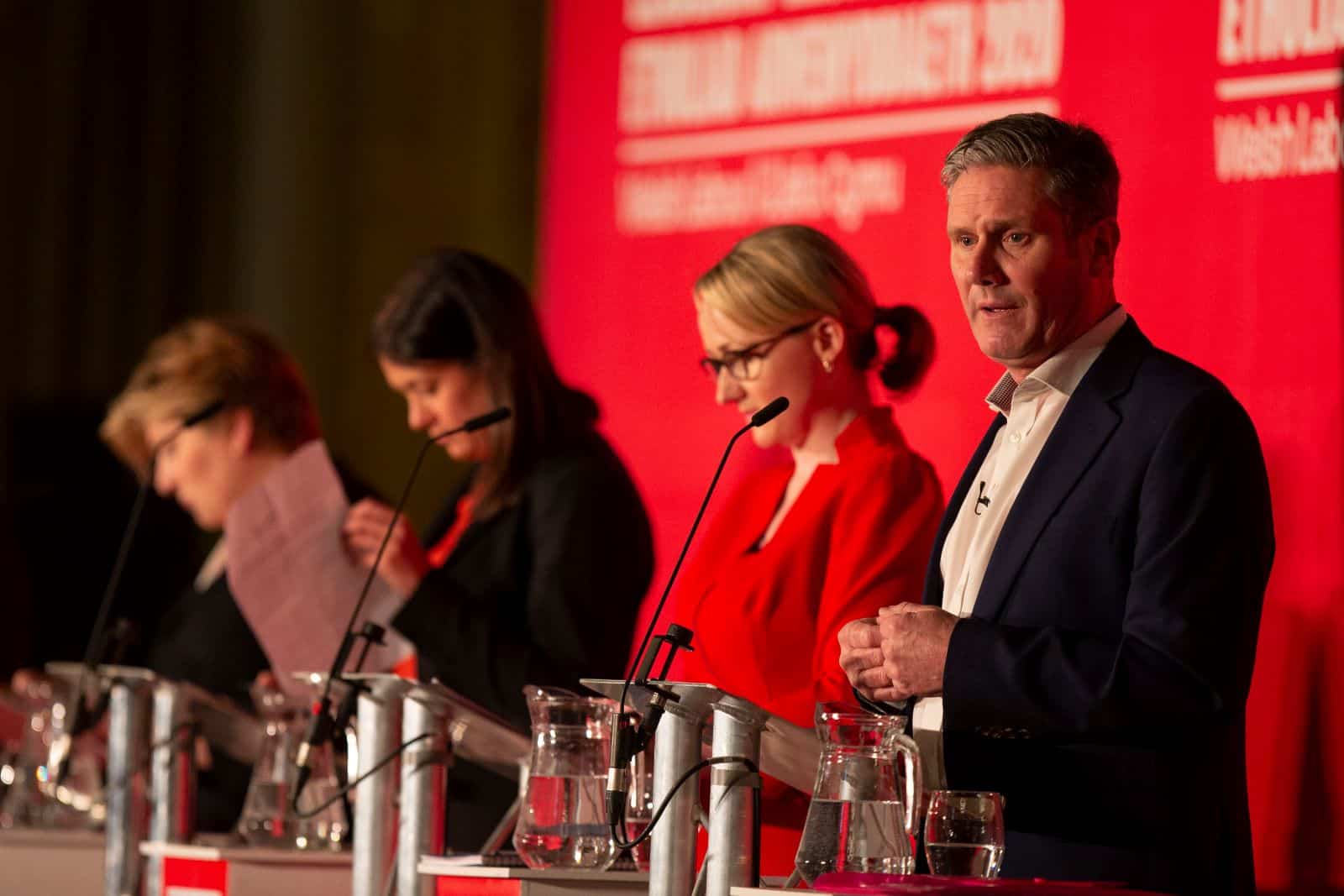
For Labour, the focus now shifts from blame to finding solutions. However, Starmer and his allies will no doubt continue to stick the boot into the rump of the Conservative Party, especially when, consumed with their leadership race and licking its wounds, it has largely been absent from media coverage.
Delivering Promises
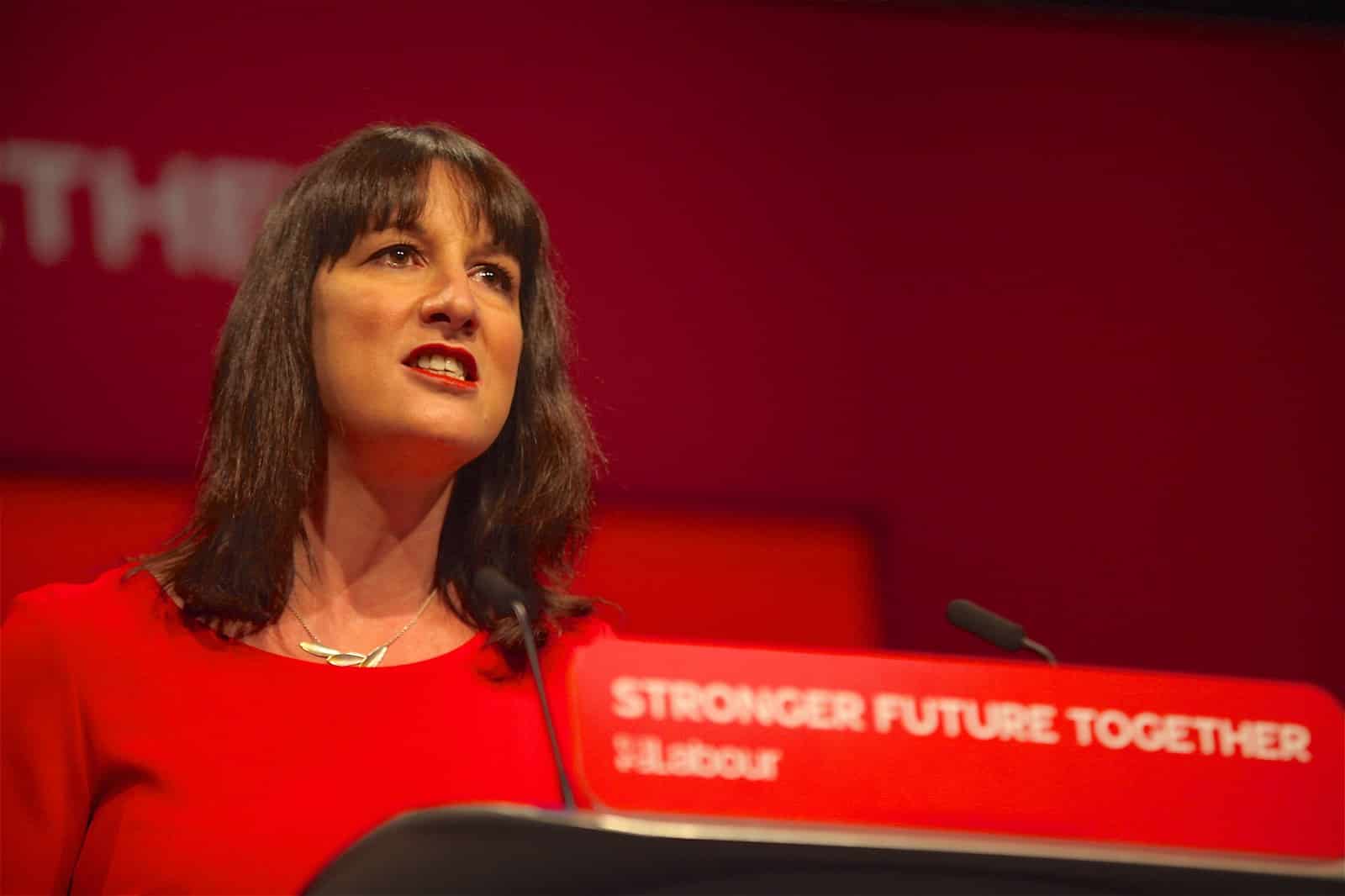
As Chancellor Reeves prepares to outline the specifics in her upcoming report, it remains to be seen how effective Labour will be in delivering its promises despite the devastating economic legacy left to them by the Conservatives.
10 Worst Places to Live in the UK Today

Here’s a look at the 10 worst places to live in the UK, based on statistical analysis and local sentiment, to help you understand the challenges residents may face in these areas. 10 Worst Places to Live in the UK Today
“We Will Never Come to Help You” – Trump’s Hurtful Words Raise Concerns About EU Firepower

It was revealed in a conference in Brussels that former President Donald Trump said in 2020 that the US would “never help” Europe if it was attacked. Now, European nations are grouping to commit more firepower to combat Putin’s threat to democracy. “We Will Never Come to Help You” – Trump’s Hurtful Words Raise Concerns About EU Firepower
Brexit Fallout: 20 Ways the EU Is Falling Apart Without the UK
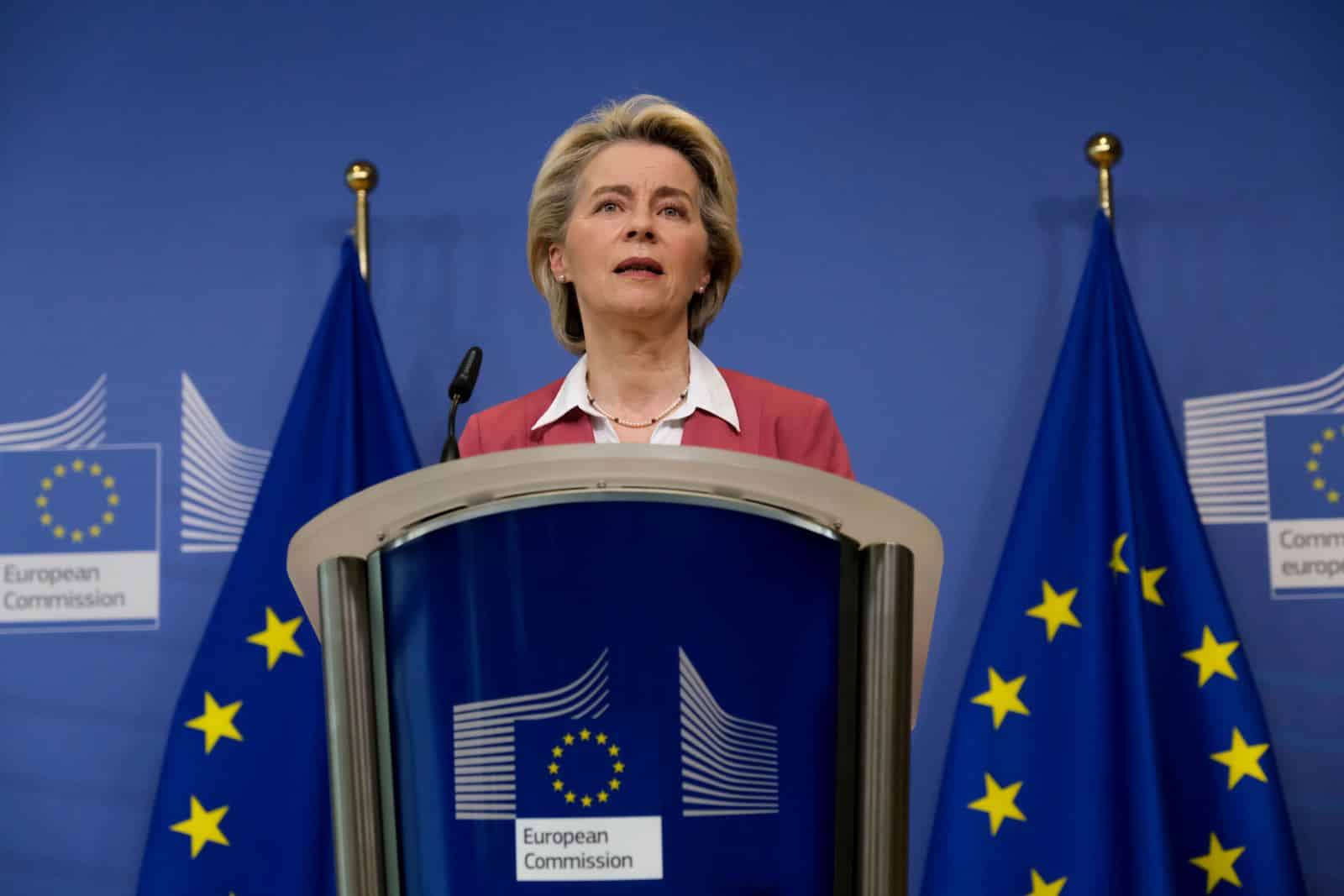
Since Brexit, the EU has been grappling with multiple crises and internal conflicts. Can the bloc hold itself together in these turbulent times? Brexit Fallout: 20 Ways the EU Is Falling Apart Without the UK
Featured Image Credit: Shutterstock / Martin Suker.
Grant Gallacher is a seasoned writer with expertise in politics and impactful daily news. His work, deeply rooted in addressing issues that resonate with a wide audience, showcases an unwavering commitment to bringing forth the stories that matter. He is also known for satirical writing and stand up comedy.

